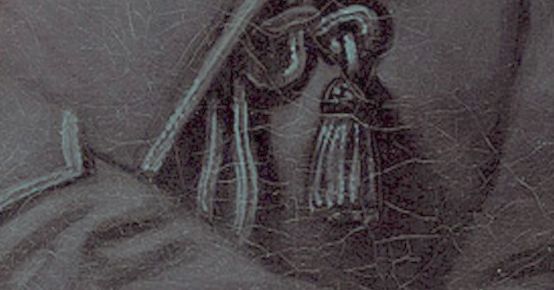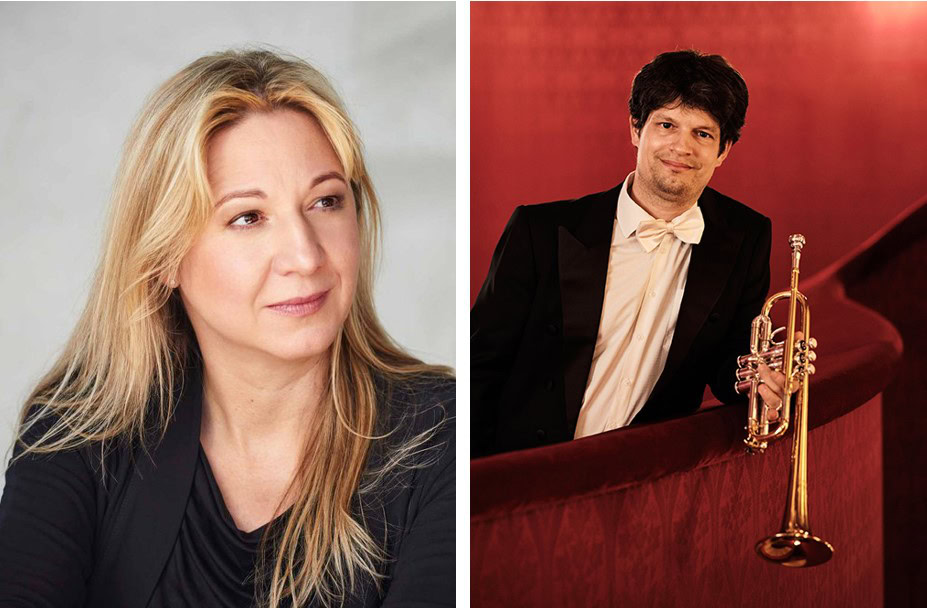Allegretto for piano, violin and violoncello
Beethoven every Friday: to mark his 250th birthday, we take a look at one of his works every week. Today it's the Allegretto for piano, violin and cello in B flat major.

Beethoven wrote neither Children's pieces another Album for the youth. Unlike in the 1840s with Mendelssohn (op. 72) and Schumann (op. 68), in the first decades of the 19th century children and childhood had not yet acquired the emotional and social significance that we are so familiar with today. And yet Beethoven presented Maximiliane Brentano (1802-1861), who was just ten years old, with a piece composed on June 26, 1812. Allegretto with obbligato accompaniment of violin and violoncello on the piano - neatly written in the autograph, with fingerings and a dedication: "for my little friend Maxe Brentano to cheer her up in the Klawier games."
Even small hands can master it musically and technically, the 124-movement movement seems like a supplement to the series of multi-movement piano trios within Beethoven's oeuvre, which had already come to an end in 1810/11 with the Archduke Trio op. 97 and was never taken up again. Nevertheless, it is much more. With its supple diatonicism, it seems to reveal a "different" Beethoven, who was a frequent guest of Antonie Brentano (1780-1869) and her daughters in the period between their first meeting at the end of May 1810 and the summer of 1812. According to a diary entry, Antonie, who had been settling her father's extensive estate in Vienna since 1809, soon felt a "Elective affinity", in 1811 he was her "became one of the dearest people", who (as she later put on record) "Frequently uninitiated guest" had been. There is much to suggest that Antonie, for her part, could have been Beethoven's mysterious "immortal lover". Everything else lies in the realm of speculation, especially as Beethoven apparently became a friend of the whole family (including husband Franz).
Also as a reminder of this time, Beethoven sent Maximiliane, now an adult, a copy of his Piano Sonata in E major op. 109 on December 6, 1821 with a dedication that testifies to his personal attachment: "To Maximiliana V. Brentano - A dedication !!! - Now it is not one such as is abused in multitudes - it is the spirit that holds noble and better people together on this earth, and no time can destroy it, it is this that speaks to you now, and that shows you to me still present in your childhood years, just as your beloved parents." However, Beethoven forgot to mention who had accompanied the Allegretto on violin and cello at the time ...
Listen in!








